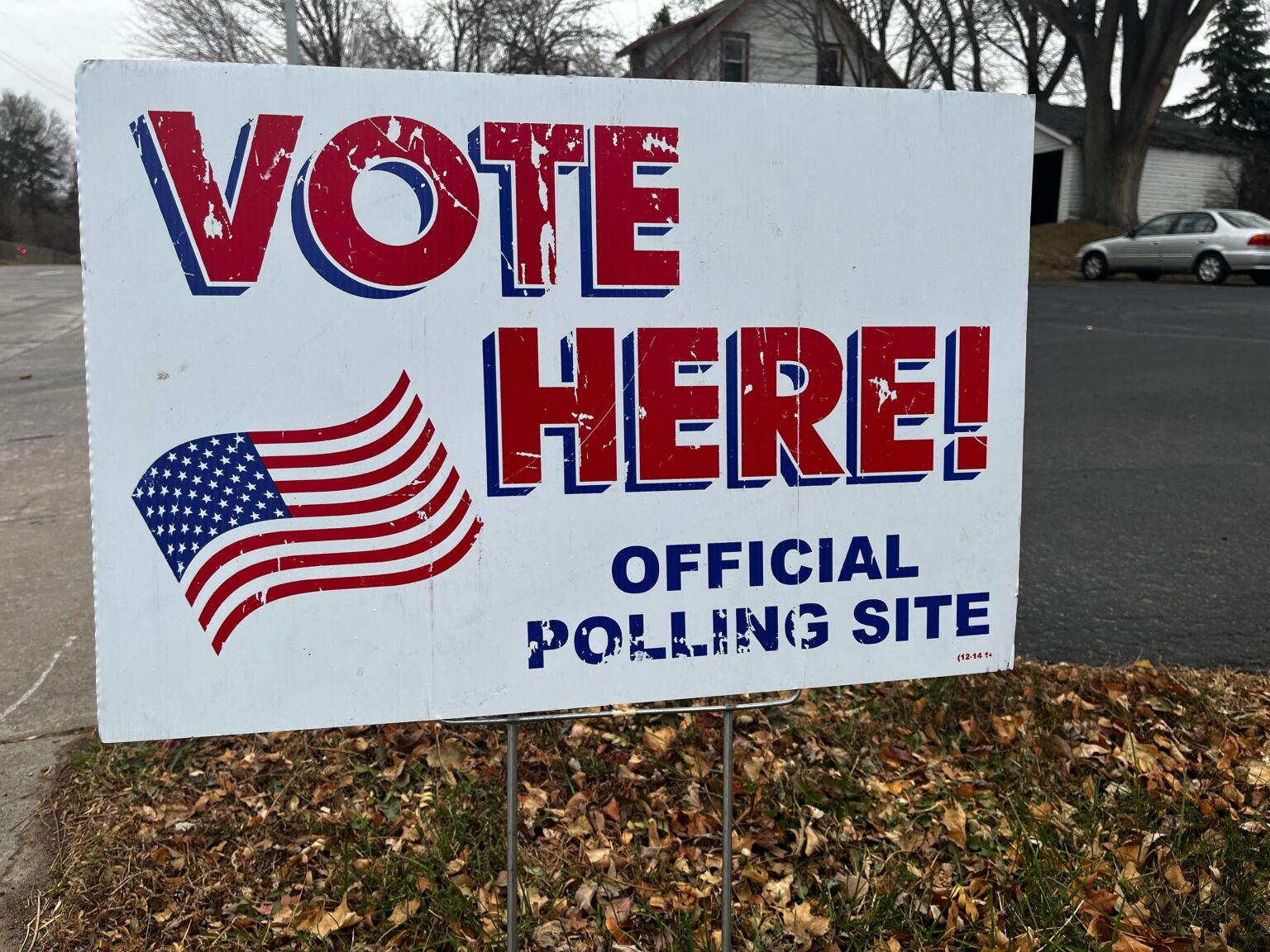
South Dakota Searchlight – It’s Election Day 2024, and South Dakota polls are open from 7 a.m. to 7 p.m. local time.
Registered voters searching for their polling place can find it in the state’s Voter Information Portal at vip.sdsos.gov/VIPLogin.aspx.
South Dakotans going to the polls today should bring an accepted form of identification, such as a South Dakota driver’s license or non-driver ID card, tribal ID, passport, student ID issued by a South Dakota high school or college, or any other photo ID issued by the U.S. government. Voters who do not have ID must be given the option to sign a personal affidavit swearing to their identity.
There are more than 600,000 registered voters in South Dakota, and more than 20% of them — about 140,000 — had already voted early or absentee by last Friday. Some election officials are predicting turnout around 70% or higher by the time polls close, which means voters could encounter lines at polling places.
South Dakota Searchlight reporters will visit polling places today, monitor watch parties tonight, and report results as they become available after 8 p.m. Central/7 p.m. Mountain from the South Dakota Secretary of State’s Office. The office compiles all the results from the state’s 66 counties, where votes are tallied.
Meanwhile, here’s a summary of what’s at stake in The Mount Rushmore State.
Three presidential electoral votes
The majority winner in South Dakota’s vote for president will earn the state’s three Electoral College votes.
Candidates are Democratic Vice President Kamala Harris, Republican former President Donald Trump and Libertarian Chase Oliver. Robert F. Kennedy Jr. remains on the ballot as an independent, because the deadline to withdraw had already passed when he suspended his campaign on Aug. 23.
South Dakota’s lone U.S. House seat
Republican U.S. Rep. Dusty Johnson of South Dakota is seeking reelection to his fourth term against Democratic challenger Sheryl Johnson.
Statewide ballot questions
South Dakotans are deciding the fate of seven ballot questions:
- Amendment E, updating gender references: Legislators put this question on the ballot, which would update male-only references dating to statehood in the South Dakota constitution to neutral words and phrases like “the governor,” reflecting the modern reality that women also hold public offices.
- Amendment F, Medicaid work requirements: Legislators put this question on the ballot asking voters to amend the state constitution so lawmakers can consider imposing work requirements on Medicaid expansion recipients.
- Amendment G, abortion rights: This citizen-initiated constitutional amendment would restore abortion rights in South Dakota through the first trimester of pregnancy, with restrictions allowed in the second trimester and a ban allowed in the third trimester with exceptions for the life and health of the mother (South Dakota is one of 10 states with abortion on the ballot today).
- Amendment H, open primaries: This citizen-initiated constitutional amendment would change future South Dakota primary elections for governor, Legislature, U.S. Senate, U.S. House of Representatives and county offices so that all candidates, no matter their party, would be placed on one ballot open to all voters with the top two vote-getters advancing to the general election (in races with two winners, such as state House districts, the top four would advance).
- Initiated Measure 28, prohibiting taxes on “human consumption” items: This citizen-initiated measure is intended to remove state sales taxes on groceries, although opponents contend the measure is poorly worded and would apply to a broader array of goods and services.
- Initiated Measure 29, recreational marijuana: This citizen-initiated measure would legalize a limited form of adult marijuana use, possession and free distribution (a marijuana retail market would have to be considered later by the Legislature).
- Referred Law 21, pipeline regulations: This measure, approved by legislators and Gov. Kristi Noem last winter and then referred to the ballot by citizen petitioners, would implement protections for landowners and counties affected by carbon-capture pipelines while leaving the door open for regulatory consideration of the projects.
Other statewide races
Public Utilities Commission: Kristie Fiegen, a Republican, is running for reelection to the Public Utilities Commission against Democrat Forrest Wilson and Libertarian Gideon Oakes. The three-member commission oversees the regulation of private utility companies that provide essential services, including telecommunications, electricity and natural gas. Commissioners also consider permits for major utility projects, such as power plants, transmission lines and pipelines.
Supreme Court justice retention: South Dakota’s Supreme Court justices face a nonpolitical retention election three years after their appointment by the governor and every eight years after that. Justice Scott Myren is on the ballot this year.
Local races and questions
Voters may also see local races and questions on their ballot. Sample ballots are available in the state’s Voter Information Portal at vip.sdsos.gov/VIPLogin.aspx.
Election security
Curious about election security? Check out the Secretary of State’s Guide to Understanding Secure Elections in South Dakota.
Among the highlights:
- South Dakota uses paper ballots; the state does not have online voting.
- County auditors use tabulating machines to count votes, but the machines are not connected to the internet.
- Election night results are later subjected to post-election audits in every county to ensure machine tallies are correct.
